Aristolochia Leuconeura – Rare Plant
Original price was: ₹9,600.00.₹799.00Current price is: ₹799.00.
1 in stock
Single plant (2-3 leaves) | Pot Included | Free shipping
Aristolochia leuconeura, also known as pipevine, is a striking tropical vine appreciated for its large, heart-shaped leaves with prominent white or lemon-yellow veins. Native to humid forests of Central and South America, it requires specific conditions to thrive.
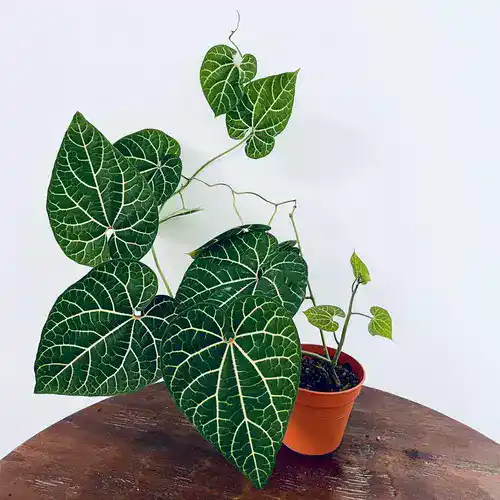
Aristolochia Leuconeura – Rare Plant comprehensive care guide:
1. Light:
- Bright, indirect light is ideal. Mimic its natural habitat by providing filtered light or partial shade.
- Avoid direct, intense midday sun, especially in summer, as it can scorch the delicate leaves.
- While it can tolerate some shade, prolonged low light may cause the leaves to lose their vibrant color and the plant to become leggy.
- A daily light duration of 6-8 hours is generally sufficient.
2. Water:
- Keep the soil consistently moist but not waterlogged. Aristolochia leuconeura prefers even moisture.
- Allow the top 2-3 cm (1 inch) of soil to dry out slightly between waterings.
- Water regularly, especially during the growing season, to support its vigorous foliage production.
- Reduce watering frequency in winter, but never let the soil dry out completely.
- Ensure the pot has good drainage holes to prevent root rot.
3. Humidity:
- High humidity is crucial. This plant thrives in environments with humidity levels above 60%.
- To increase ambient moisture, you can:
- Use a humidifier.
- Group plants together.
- Place the pot on a pebble tray filled with water (making sure the pot isn’t sitting directly in the water).
- Mist the leaves regularly (though this provides temporary humidity).
- Browning leaf edges often indicate low humidity.
4. Temperature:
- Ideal temperature range is between 18°C and 25°C (64°F to 77°F).
- It can tolerate a broader range of temperatures (down to -25°C to 35°C, or -13°F to 95°F), but consistent warmth is preferred.
- Avoid sudden drafts or significant temperature drops.
- If growing outdoors in cooler regions, provide protection like mulching or frost covers.
5. Soil:
- Use a nutrient-rich, well-draining soil mix.
- A good mix could include:
- 40% garden soil
- 30% compost
- 30% perlite or coarse sand for adequate drainage.
- You can also use a mix of peat, perlite, and organic compost.
- It prefers soil with a pH range of 6-7.5 (slightly acidic to neutral).
- Enhance drainage by adding gravel at the pot’s base if needed.
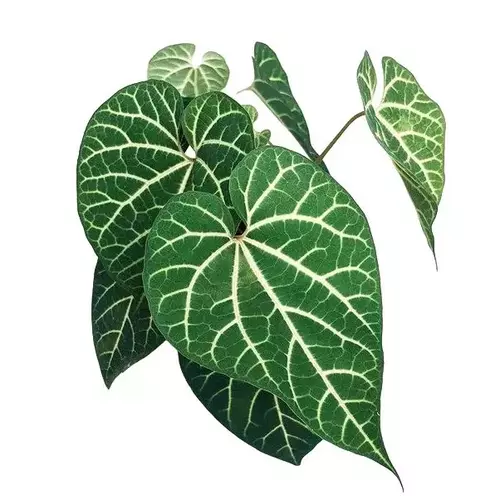
6. Fertilizing:
- Apply a balanced, water-soluble fertilizer monthly during the growing season (spring and summer).
- Alternatively, use a slow-release granular fertilizer at the beginning of the growing season.
- During the dormant winter period, reduce or stop fertilizing.
7. Support:
- Provide a trellis, moss pole, or other climbing structure. Aristolochia leuconeura is a vigorous climbing vine and will benefit greatly from support for vertical growth.
8. Pruning:
- Regularly prune to control growth, encourage bushiness, and remove any damaged or yellowing leaves. This also helps maintain a manageable shape.
9. Repotting:
- Repot every 2-3 years into a slightly larger container with good drainage holes. Repotting is best done in spring.
10. Pest and Disease:
- Monitor regularly for common pests like spider mites, mealybugs, and whiteflies, especially in drier environments. Treat with neem oil or insecticidal soap if infestations occur.
- Root rot can occur from overwatering or poor drainage. If suspected, repot with fresh, well-draining soil and adjust watering habits.
- Fungal problems like powdery mildew or leaf spots can be addressed by increasing airflow and, if necessary, using fungicides.
11. Propagation:
- Best propagated via stem cuttings. Place cuttings in water or moist soil until roots form.
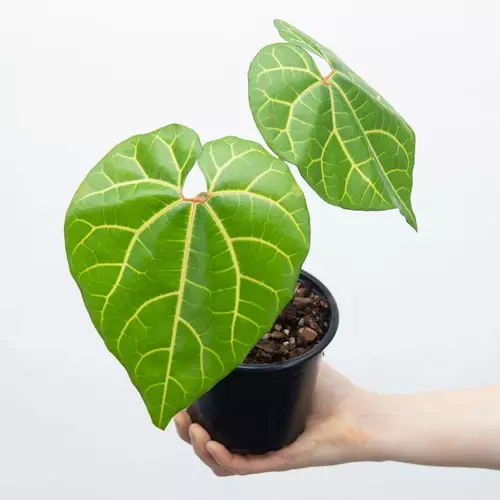
12. Toxicity:
- It’s important to note that Aristolochia species contain compounds that can be toxic to pets and humans if ingested. Keep it out of reach of children and animals.
By providing these optimal conditions, your Aristolochia leuconeura should thrive and display its beautiful foliage.
Only logged in customers who have purchased this product may leave a review.

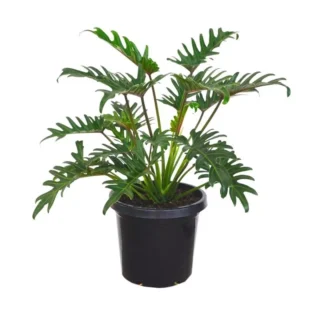



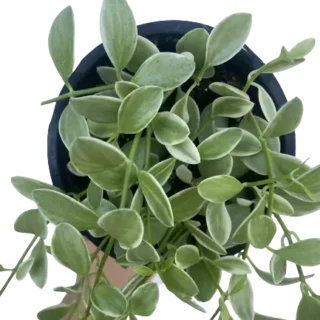
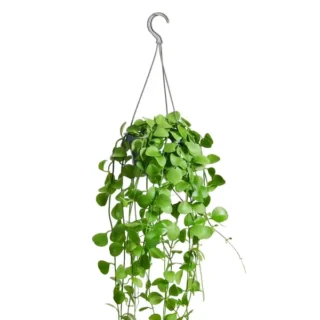


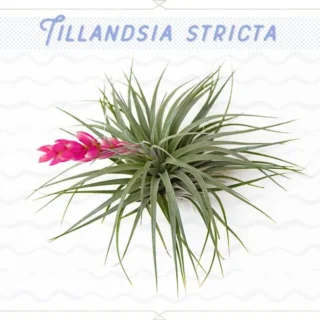
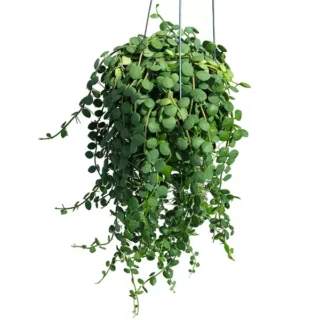
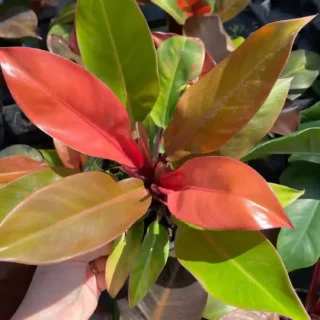
 If you need any assistance, I'm always here. Have you found what you were looking for?
If you need any assistance, I'm always here. Have you found what you were looking for?
Reviews
There are no reviews yet.